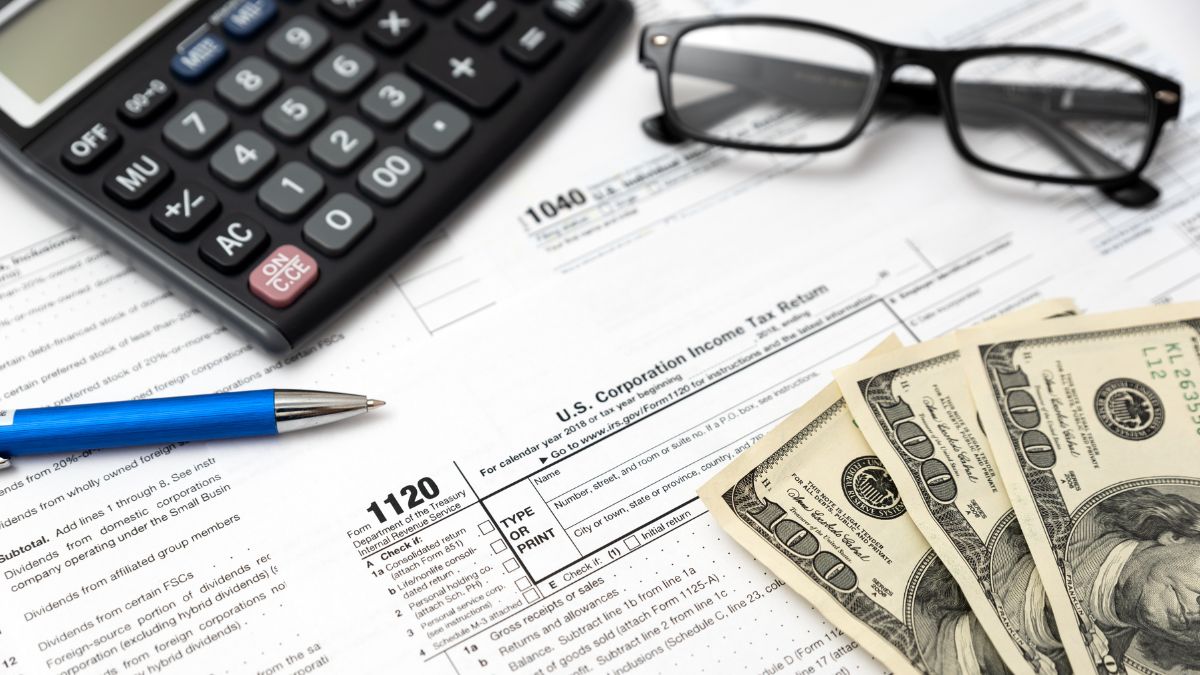Many people assume that since homeowners associations (HOAs) are not-for-profit entities, they have no obligation to pay taxes. Nothing could be further from the truth. While HOAs are nonprofit organizations, the IRS requires them to pay taxes and file tax returns. Here is everything you need to know about HOA tax returns.
What Is an HOA Tax Return?
The IRS classifies HOAs as corporations or Common Interest Realty Associations (CIRAs). For this reason, HOAs must file tax returns. An HOA tax return is a filing submitted to the IRS at the end of a financial year, reporting the association’s income, expenses, and other relevant tax information. Mostly, the income an HOA generates is tax-exempt. However, the association must still prepare and file tax returns annually to meet legal and regulatory obligations.
HOA Tax Return Forms
HOAs have two options when filing tax returns. Your association can select from two tax forms, including Form 1120 and Form 1120-H.
Previously, the IRS required all HOAs to file Form 1120. This tax form is similar to the one conventional corporations use. However, it is complex and labor-intensive. Also, any remaining income the HOA does not spend in the financial year becomes taxable.
Form 1120-H is the most preferred option since it is straightforward and less labor-intensive. It has only one page to fill, unlike Form 1120, which has multiple pages. However, an HOA cannot claim net operating loss, and organizational costs aren’t tax deductible.
Exempt vs. Non-Exempt Income
Understanding the different categories of income can help an HOA overcome taxation issues and avoid paying extra taxes. Exempt function income is the revenue received from membership dues, fees, special assessments, and fines. This income is exempt from taxes. In contrast, non-exempt income is the revenue the HOA earns by providing services to community members or the public. Examples include facility rentals, laundry services, and vending machines. Non-exempt income is taxable.
When to File HOA Tax Returns
The appropriate time to file HOA tax returns depends on the association’s financial year. If the HOA’s fiscal year closes on December 31, you must file your returns on the 15th day of the 4th month following the end of the tax year. If the financial year closes on June 30, the deadline is by the 15th day of the 3rd month following the conclusion of the tax year.
Enlist Professional HOA Tax Preparation Services
Filing HOA tax returns can be complex and tedious. Fortunately, the team at Abel Accountants is here to help. Our experienced accountants will review your financial statements, calculate taxable income, check your HOA’s eligibility for exemptions, and file the appropriate forms to ensure legal compliance. Contact us today for professional HOA tax return services.





